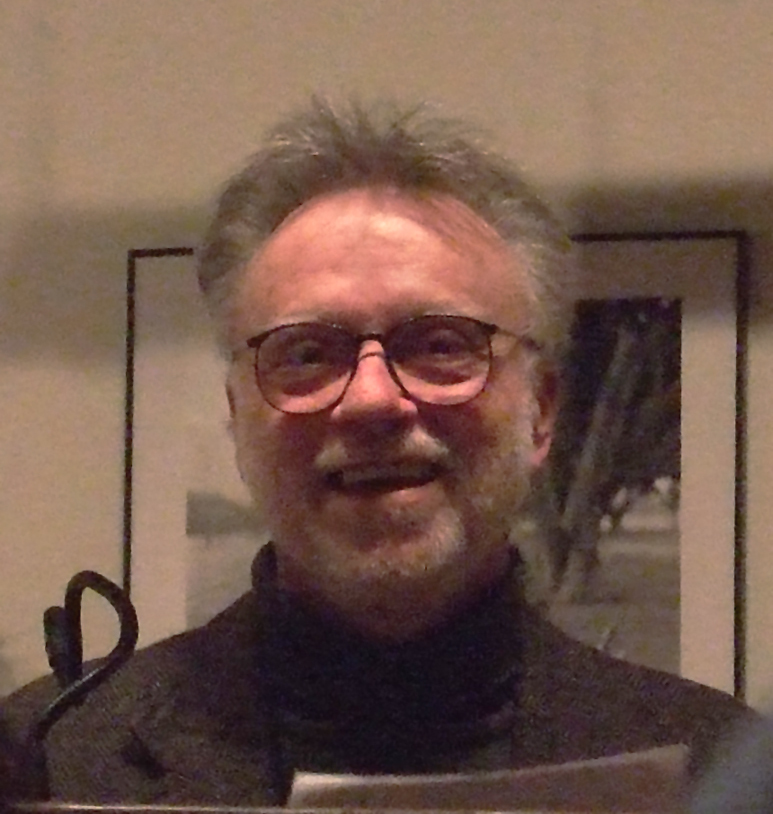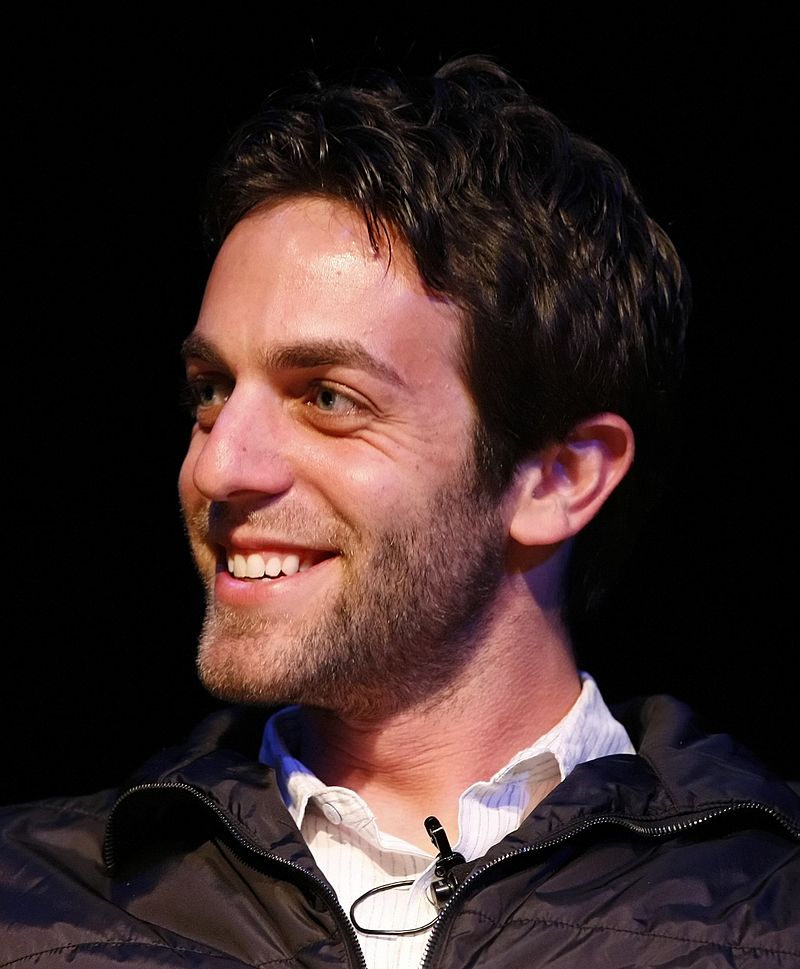 author
authorDiscover the Best Books Written by Vasily Grossman
Vasily Semyonovich Grossman was a Soviet writer and journalist. Born to a Jewish family in Ukraine, then part of the Russian Empire, Grossman trained as a chemical engineer at Moscow State University, earning the nickname Vasya-Khimik ("Vasya the Chemist") because of his diligence as a student. Upon graduation, he took a job in Stalino (now Donetsk) in the Donets Basin. In the 1930s, he changed careers and began writing full-time, publishing a number of short stories and several novels.
During the Second World War outbreak, he was engaged as a war correspondent by the Red Army newspaper Krasnaya Zvezda; he wrote first-hand accounts of the battles of Moscow, Stalingrad, Kursk, and Berlin. Grossman's eyewitness reports of a Nazi extermination camp following the discovery of Treblinka were among the earliest accounts of a Nazi death camp by a reporter.
While the Soviet authorities never arrested Grossman, his two major literary works (Life and Fate and Everything Flows) were censored by the Khrushchev regime as unacceptably anti-Soviet. In "Vasily Grossman: Myths and Counter-Myths and Grossman," Grossman scholar Yury Bit-Yunan and Grossman translator Robert Chandler say that, between 1962 and 1964, Grossman was publishing new works, and older works, including For a Just Cause, were being republished; disagreeing with Semyon Lipkin who claimed that Grossman became in effect a nonperson.
The KGB raided Grossman's flat after he had completed Life and Fate, seizing manuscripts, notes, and even the typewriter ribbon on which the text had been written. It has been said that Grossman was told by the Communist Party's chief ideologist Mikhail Suslov that the book could not be published for two or three hundred years; however, Bit-Yunan and Chandler say that there is, in fact, no evidence in the papers of Grossman, or Suslov, for this.
At the time of Grossman's death from stomach cancer in 1964, these books remained unreleased. Hidden copies were eventually smuggled out of the Soviet Union by a network of dissidents, including Andrei Sakharov and Vladimir Voinovich, and first published in the West in 1980 before appearing in the Soviet Union in 1988.
Born Iosif Solomonovich Grossman in Berdychiv, Ukraine, Russian Empire, into an emancipated Jewish family, he did not receive a traditional Jewish education. His father, Semyon Osipovich Grossman, was a chemical engineer, and his mother, Yekaterina Savelievna, was a teacher of French. A Russian nanny turned his name Yossya into Russian Vasya (a diminutive of Vasily), which was accepted by the whole family.
His father had social-democratic convictions and joined the Mensheviks, and he was active in the 1905 Revolution; he helped organize events in Sevastopol. From 1910 to 1912, he lived with his mother in Geneva after his parents had separated. After returning to Berdychiv in 1912, he moved to Kyiv in 1914, where, while living with his father, he attended secondary school and later the Kyiv Higher Institute of Soviet Education. Young Vasily Grossman idealistically supported the hope of the Russian Revolution of 1917.
Best author’s book




















